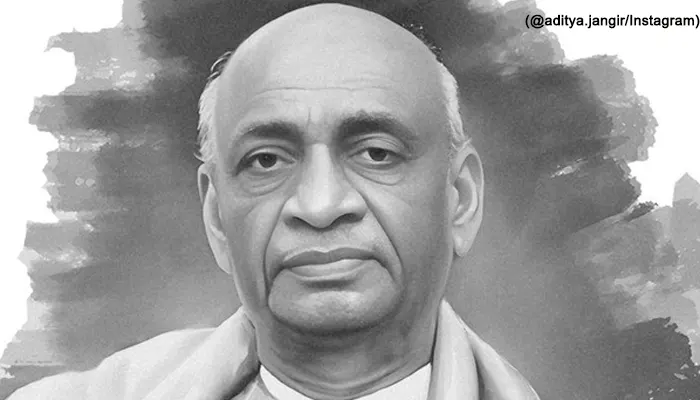Indian Stock Market Crashes: What’s Fueling the Panic and What’s Next?
- Soham Halder
- 1 year ago
- 3 minutes read

A huge drop is observed in Sensex and Nifty indices influenced by falling heavyweight stocks including Reliance and HDFC Bank.
The Bombay Stock Exchange (BSE) Sensex tumbled around 1,264.2 points to 83,002.09 in early trade today while the National Stock Exchange (NSE) Nifty collapsed 345.3 points to 25,451.60. Among the 30 Sensex firms, Tata Motors, Asian Paints, Larsen & Toubro, Axis Bank, Mahindra & Mahindra, Reliance Industries, Maruti, Kotak Mahindra Bank, ICICI Bank and HDFC Bank were the major stragglers. However, Tata Steel, JSW Steel, Sun Pharma and NTPC are listed among the gainers. The market capitalization of all listed organizations on BSE reduced by ₹5.63 lakh crore to ₹469.23 lakh crore. What's driving this rapid drop? Let's find out.

Key Factors behind Stock Market Crash Today:
Conflict in the Middle East:
The stock market witnessed the major drop due to escalating tension between Iran and Israel. War brings uncertainty, due to which investors shift focus on safer assets like gold. As per latest updates, Israeli military confirmed the deaths soldiers during ground operations in southern Lebanon after Iranian missile attacks targeted Tel Aviv. Israel has warned of an immediate response, which might harm the market more.
Describing the impact on stock market, David Lin, founder and chief executive officer at Linvest21.AI mentioned: “The oil market is highly sensitive to geopolitical risks in this region, and any disruption could lead to higher energy prices, adding inflationary pressure. Coupled with a nationwide strike by port operators, which threatens to further disrupt supply chains, these combined factors are increasing market uncertainty and driving investors to sell stocks in favor of safer assets like gold and bonds.”

Crude Oil Prices:
Due to crisis situation in middle eastern countries, oil prices increased, which could threaten supplies from the major producers. Wall Street Journal reported, Brent crude briefly surpassed $75 per barrel, while West Texas Intermediate topped $72, with both benchmarks rising nearly 5% over the past three days.
Sebi Consolidate F&O Measures
Market regulator Securities and Exchange Board of India (SEBI) enforced strict rules in the Futures and Options (F&O) area. The new measures like limiting weekly expiries to one per exchange and increasing contract sizes is expected to reduce trading volumes.

Credit - X/@StockyMind
FII Selling
The Foreign Institutional Investors (FIIs) sold equities worth ₹5,579.35 crore on October 1. At the same time, domestic institutional investors bought equities worth ₹4,609.55 crore on the same day. This is another reason behind stock market underperformnace.
What to Expect? Experts Share Insights:
Dr V K Vijayakumar, Chief Investment Strategist, Geojit Financial Services, said, “The situation will change if Israel attacks any oil installations in Iran which will trigger a huge spike in crude. If it happens, it can turn out to be more damaging for oil importers like India. Therefore, investors should watch the emerging situation very closely.”

Luca Paolini, chief strategist at Pictet Asset Management explained: “An escalation in the Middle East would hit markets at a time when complacency is close to its highest level. In the very short-term, the impact can be meaningful — say a 5% correction — but we do not expect any escalation to derail the bull market, with trend growth, falling rates, strong seasonality and equity inflows all supportive.”
The situation is similar across the globe as the US stocks fell rapidly following reports of missile strikes from Iran against Israel, with the S&P 500 dropping at least 1.4%.

.webp)

.webp)








